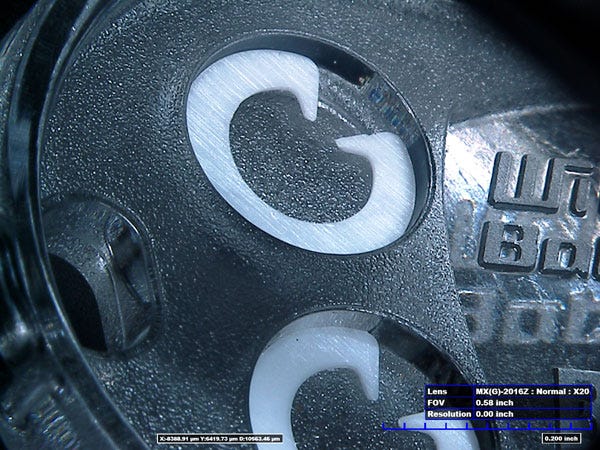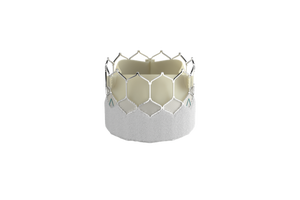What the Top 20 Medtech Companies Want
June 18, 2015
Faced with the charge of developing products faster and more cost effectively than they ever have before, many big medical device companies are looking for help.
Brian Buntz
It's tough being a medtech giant in 2015. Not only must new products be more clinically effective and cost efficient than ever before, they must meet the needs of a global marketplace. Complicating matters further, U.S. medtech firms frequently face reduced R&D budgets. And like other domestic manufacturing sectors, device firms here are struggling to find qualified candidates to fill open engineering and program management positions, as the Accenture 2014 Manufacturing Skills and Training Study observed.
|
A micro component produced by Octex. |
As a result, many medtech companies are leaning more heavily on contract manufacturers. "The top 20 medical device OEMs are looking for contract firms that are not just interested in making a part for them, but are interested in working with them as partners," says John Hoskins, executive vice president of Octex (Sarasota, FL), which offers injection molding and other contract services.
For contract manufacturers, being a true partner often means being involved from the beginning to the end of the product development cycle--starting with a sketch on a cocktail napkin and ending with a packaged finished product. (It is that reality that led Octex to recently acquire Largo, FL-based Choice Tools & Mold, bolstering its ability to help medical device OEMs take a concept and translate it into a finished product.)
Top-tier medical device companies are looking for partners to help them push the envelope of their product ideas, as well as ensure that the resulting products are more cost effective than competing technologies and can be brought to the market quickly.
Meeting these goals requires that device firms and their contract manufacturers constantly stretch their limits. "It comes down to having a culture of innovation. Inside that imaginative culture, you have to expand your capabilities," Hoskins says.
Contract manufacturers are expanding their service offerings to keep up. "You can't approach it like a salad bar and say: I just want to make a widget--I don't want to do the research and development and I don't want to do prototyping. That is of zero interest to the medical device giants of the world today." Such a mindset doesn't help reach the end goals of improving the gold standard of care. "If you just do one little piece of it, you don't really understand how it all works together. All that tribal knowledge that is learned from the beginning through the end is so critical to making the project a success."
In the end, innovation is a matter of focus, Hoskins says. "Coming up with something totally new without figuring out the commercial side of things may be a wonderful thing to do in a think tank, but in the medical industry, innovations should be patient-centric," he explains. "We ought to realize who we are here for: people who are finding themselves in the worst situations of their lives sometimes--imagine being on a surgical table," Hoskins adds. "We have to realize that these people are putting the most precious thing of all in our hands--their lives. We need to drive our innovation towards that. If we can keep that in mind, I think the innovations will be far more focused and productive."
So how should a medical device company go about becoming more innovative? "It is a side effect of the reality of imagination. If our thoughts, our dreams, and our imagination are aligning to ask: how can we make this better, then we are already off in the right direction," Hoskins says. "The most powerful thing we have is our minds and imagination, is what drives it all. You wouldn't fly in a plane if it wasn't for imagination. You wouldn't drive a car. There is nothing that you will do that a human didn't imagine."
Innovation is driven culturally within an organization, Hoskins says. "A lot of it is understanding your end markets and connecting to them in a visceral way." Doing this is often easier in than it is in other industries. "Some people get worked up about cars, but it might be hard to get worked up about an air conditioning vent. It is very easy to connect yourself to a surgical device or an insulin pump--anything that is medical--because you may have seen it used on a loved one or you may have been in a situation where it was used on you," Hoskins says. "That visceral connection may make you think: 'boy, if that were me on a table, what would I want?'" he adds. "The parts we make have to work perfectly so medical devices do what they are supposed to do--save lives or improve a patient's outcome or improve their everyday life."
Learn more about contract manufacturing at MEDevice San Diego, September 1-2, 2015. |
Like what you're reading? Subscribe to our daily e-newsletter.
About the Author(s)
You May Also Like


.png?width=300&auto=webp&quality=80&disable=upscale)
